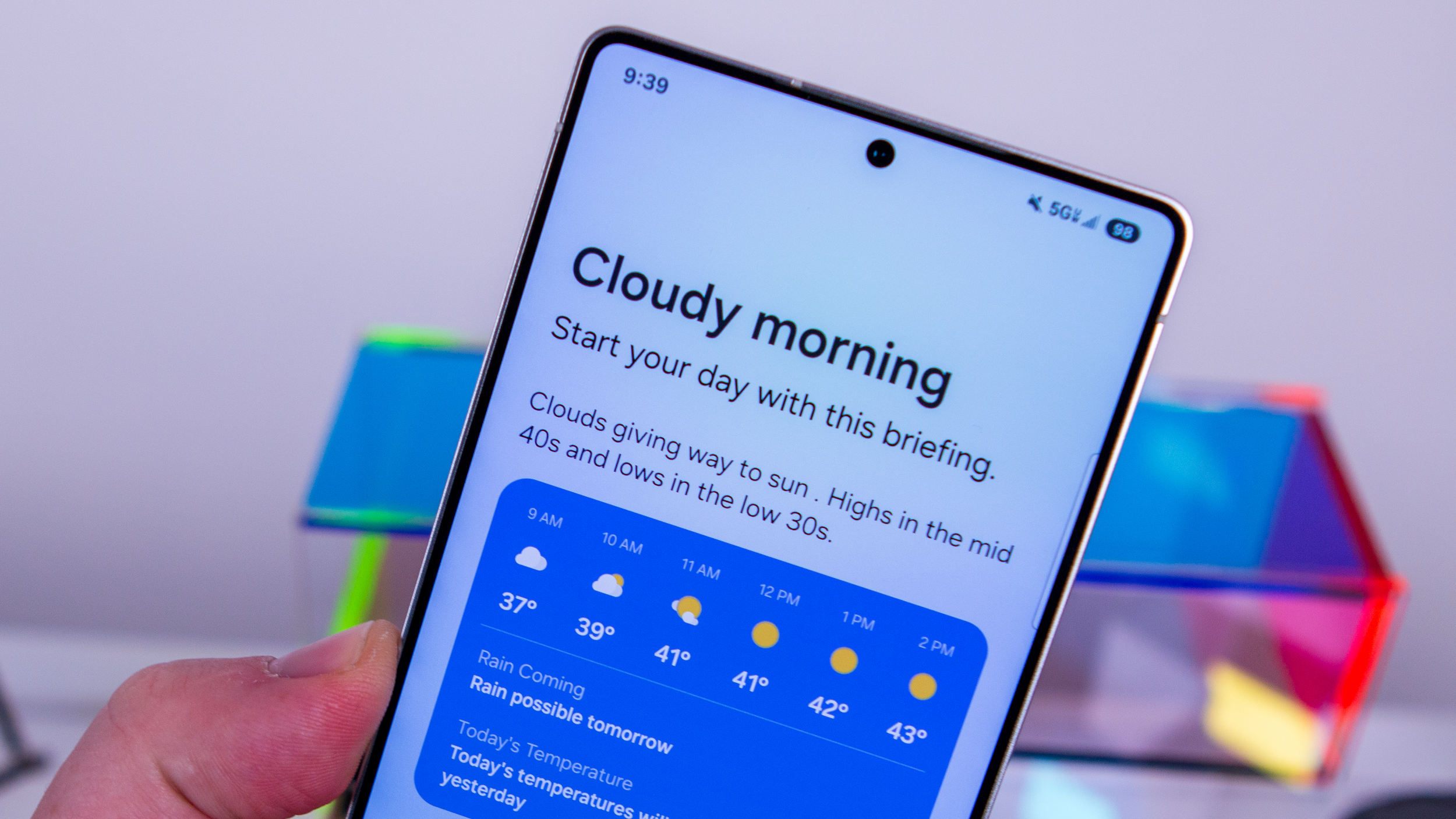I used OxygenOS 15 for a week — these are my favorite features
It's not quite on par with legacy OxygenOS, but the Android 15-based build is better than anything we've gotten in the last three years.
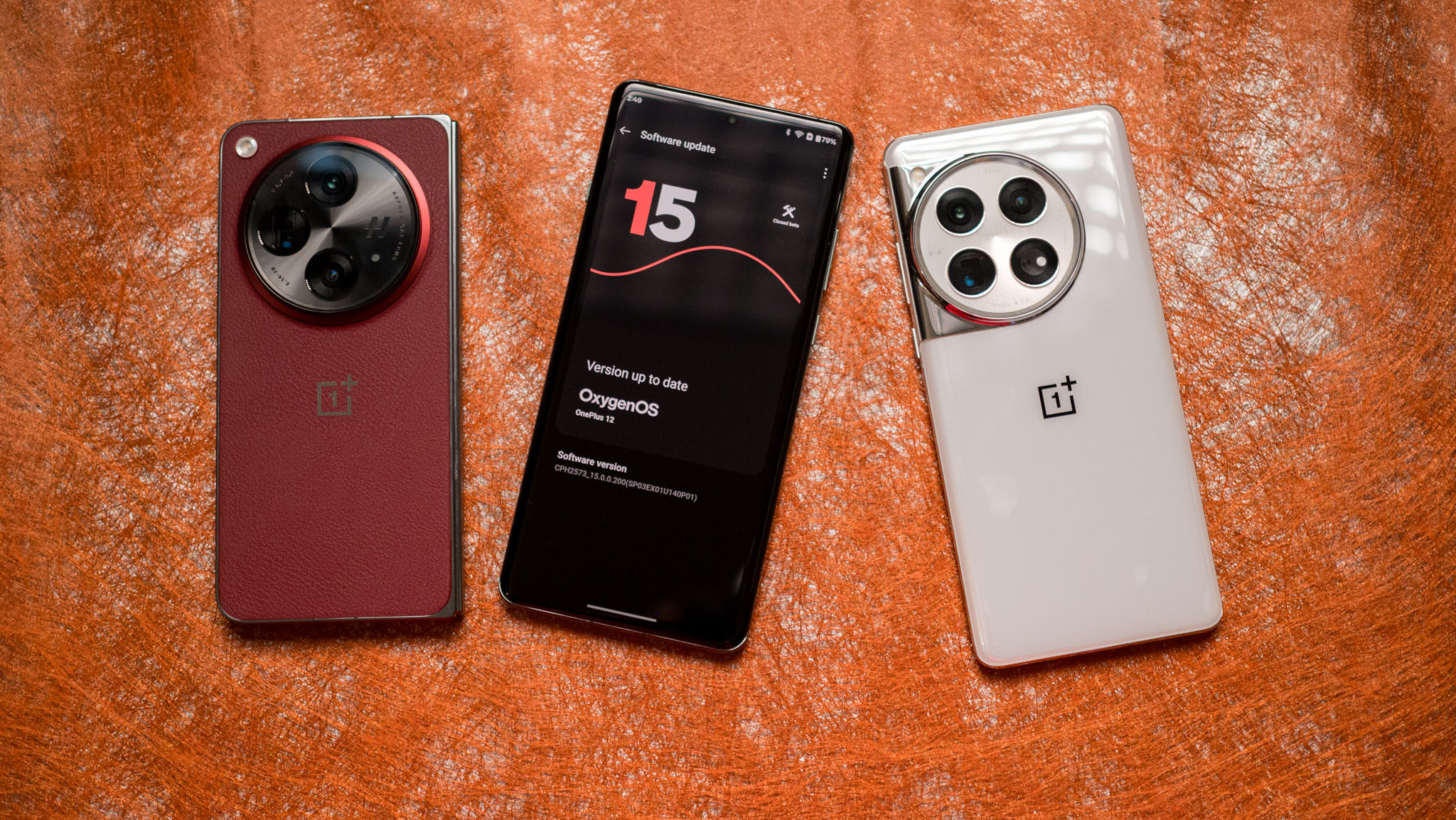
OnePlus is doing all the right things on the hardware side of things; the OnePlus 12 continues to be one of the best phones you can buy today, and the Open is holding its own a year after release. Software, however, is a point of contention; the last two OxygenOS releases have been buggy — even the stable versions — and it took several updates before they became usable.
OnePlus is looking to address those issues once and for all with the introduction of OxygenOS 15. The Android 15-based release includes plenty of new features, much-needed design tweaks, new privacy features, and better overall optimization. The interface isn't quite as fluid as OxygenOS 9.5, but at this point, I don't think OnePlus — or anyone else — can get to that level.
That said, there's a clear difference when using OxygenOS 15 next to a device running OxygenOS 14, and that alone is reason enough for excitement. While OxygenOS 15 is still clearly in beta, it is much more stable than the last two beta cycles, and that also bodes well for the UI as a whole. I used OxygenOS 15 on my OnePlus 12 for the better part of a week, and here's what I like about the Android 15-based interface.
New notification pane
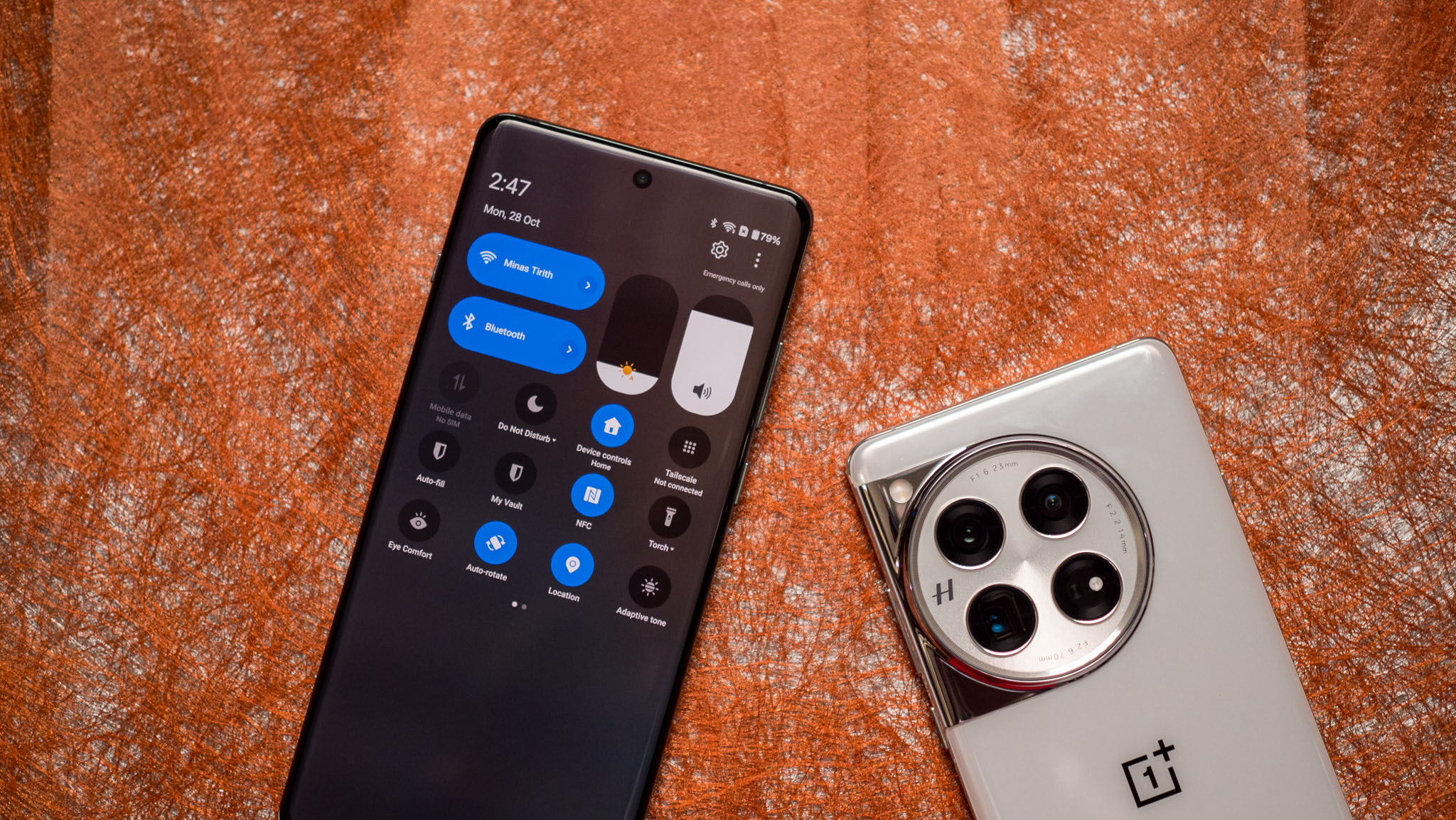
While it isn't a ground-up overhaul, OxygenOS 15 includes a few new design tweaks that make it look polished. The icons have gotten a fresh coat of paint, and they're dynamic — they change based on light or dark mode.
A bigger change has to do with the notification shade, with the interface now using a split pane with the toggles on one section and notifications in their own pane. This is similar to how Xiaomi does things, and OnePlus indicated that it would be going this route last year.
What I like is that you can switch to a unified notification pane. I prefer both toggles and notifications in the same pane, and that feature is still available in the OxygenOS 15 build — something you don't get with ColorOS 15.
Lock screen customization
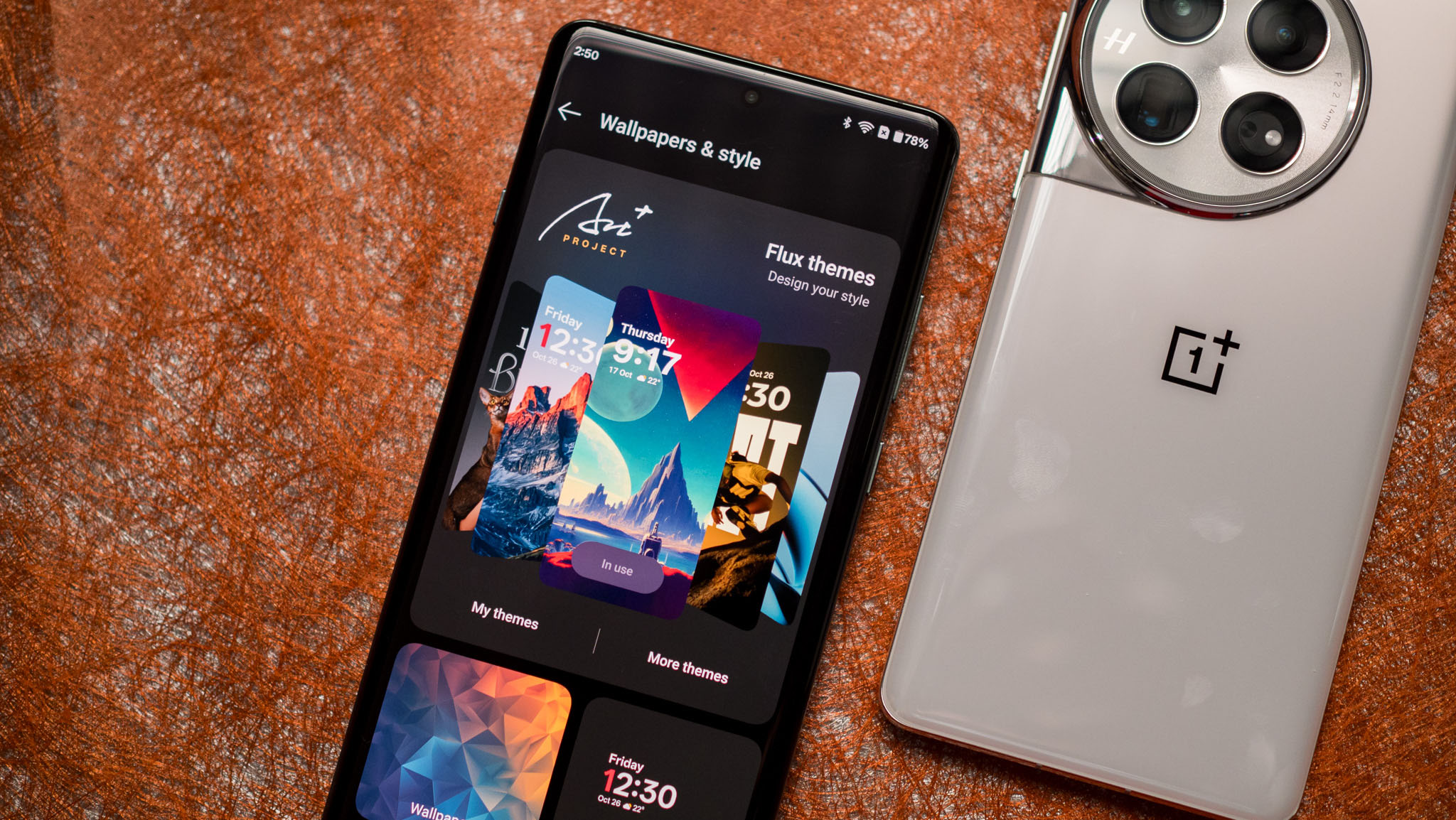
Lock screen is getting an overhaul, with OxygenOS 15 introducing the ability to switch up the look of the design to a considerable degree. The feature is similar to what you get in iOS 18 and One UI 6, and you get new styles as well, with cleaner transitions to the home screen.
Be an expert in 5 minutes
Get the latest news from Android Central, your trusted companion in the world of Android
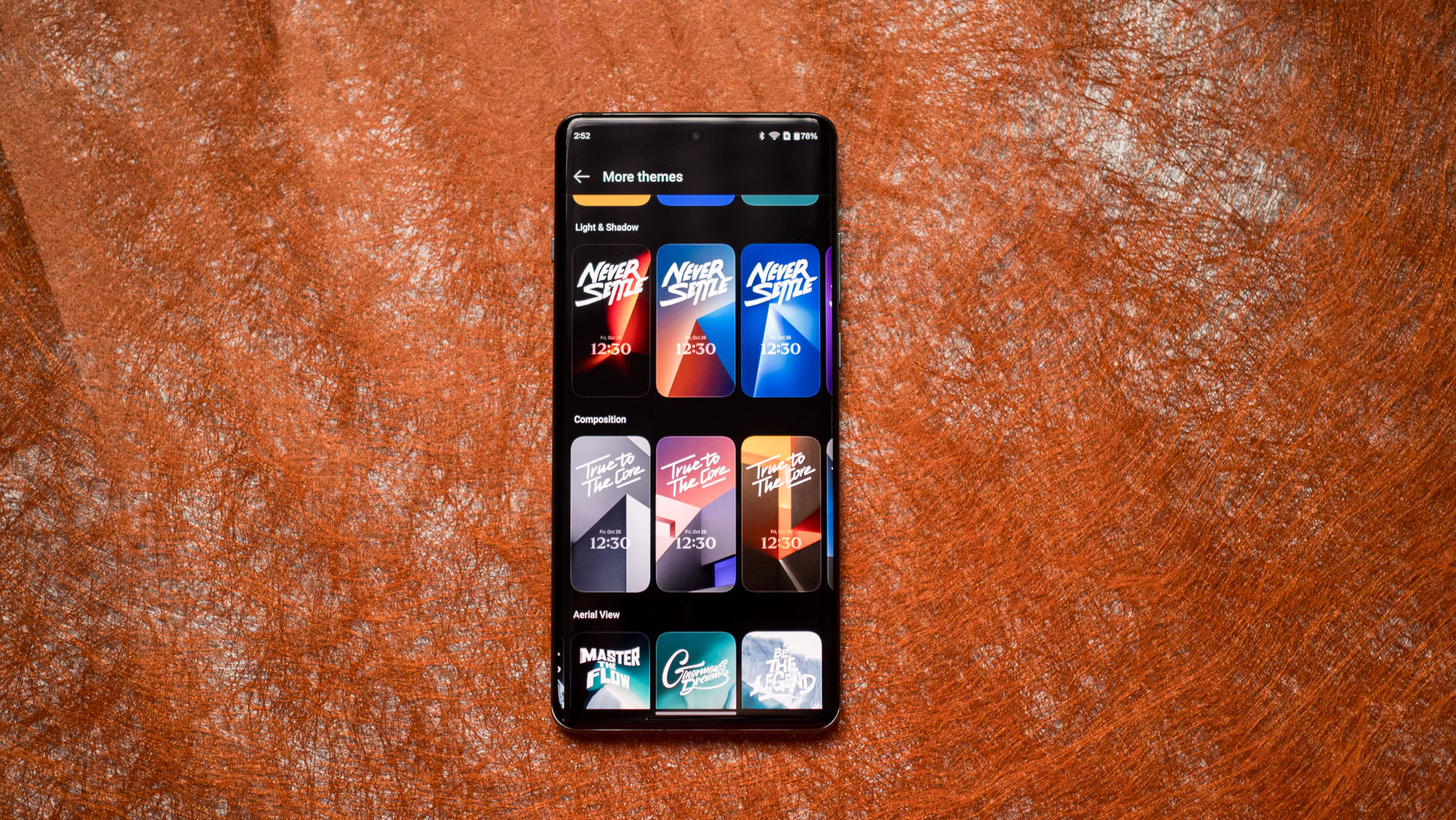
What I like about this is that you get preset styles that look really good. OxygenOS always had good customizability, and the tweaks to OxygenOS 15 extend that advantage.
Smoother (and lighter) than ever before
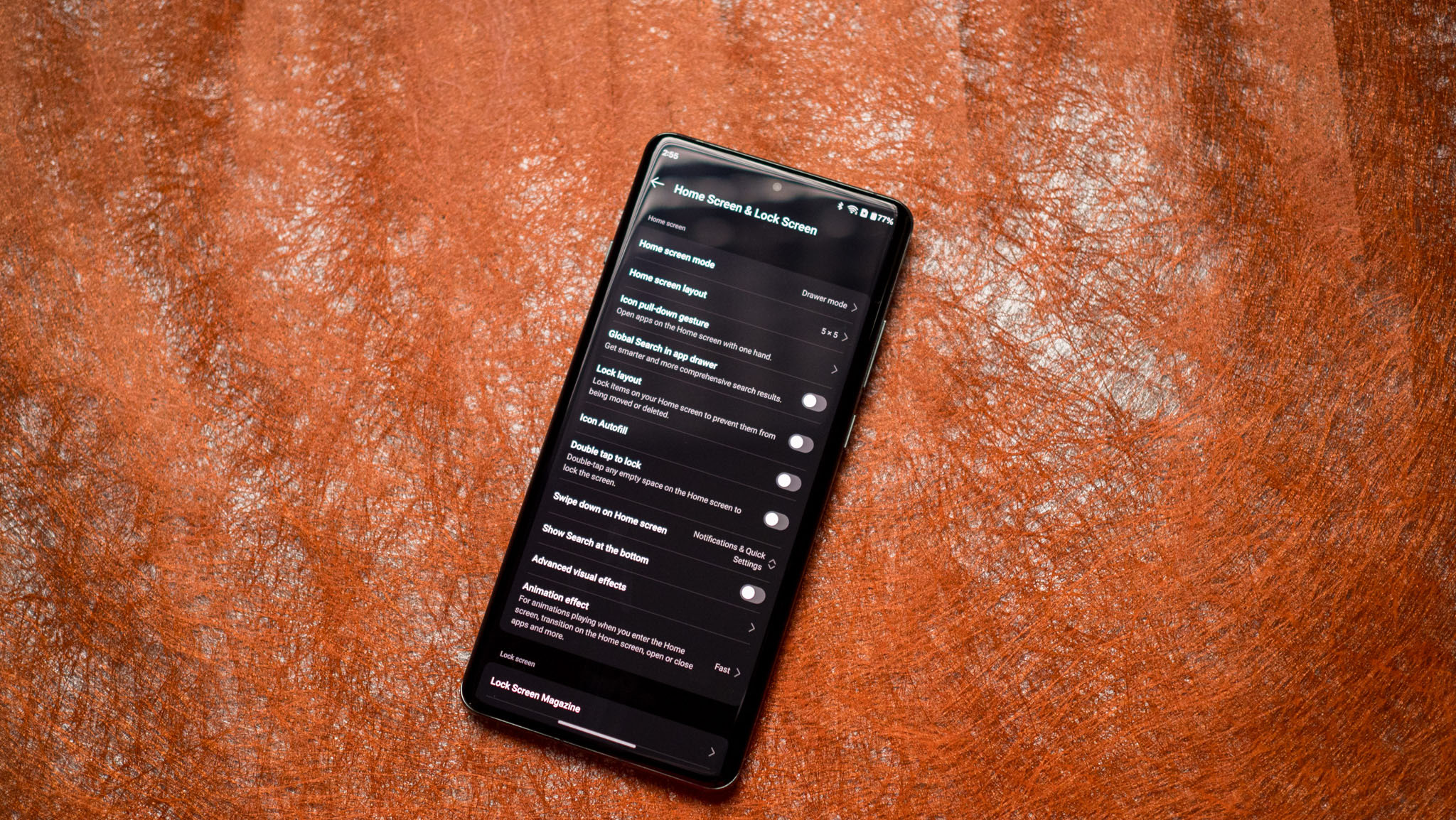
OnePlus went heavy on the buzzwords when talking about all the changes it made to optimize the UI, but what you'll actually end up noticing in daily use is that OxygenOS 15 has much better fluidity than previous releases.
Most animations are smoother, and there's a level of immediacy that has been missing following the switch to the new interface. In short, the UI feels great to use, and just like with the Pixels on the Android 15 release, the optimization makes a clear difference.
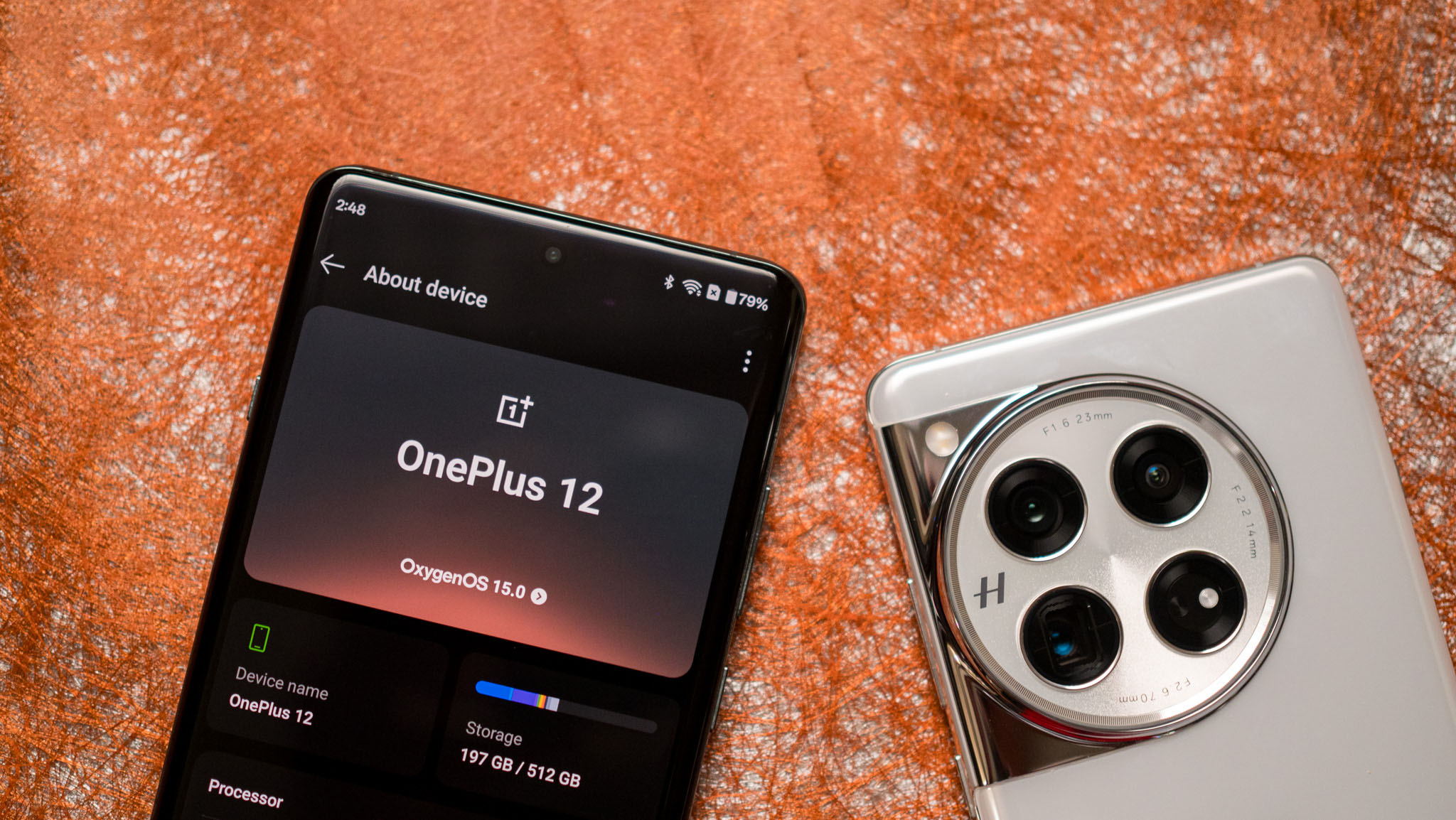
Another positive change is that OxygenOS 15 doesn't use as much storage, and the installation is 20% lighter. That means you get back some space to use for photos and other data on the device, and that's always a good thing.
While OxygenOS 15 uses Android 15, it is missing the predictive back gesture. The manufacturer says it is working with Google in bringing the feature to the skin, and that it wants to ensure it is usable with most apps — something that just isn't the case now. Google doesn't mandate the use of the gesture, and not many services use it — even Chrome doesn't have it.
All the AI features you need — and then some
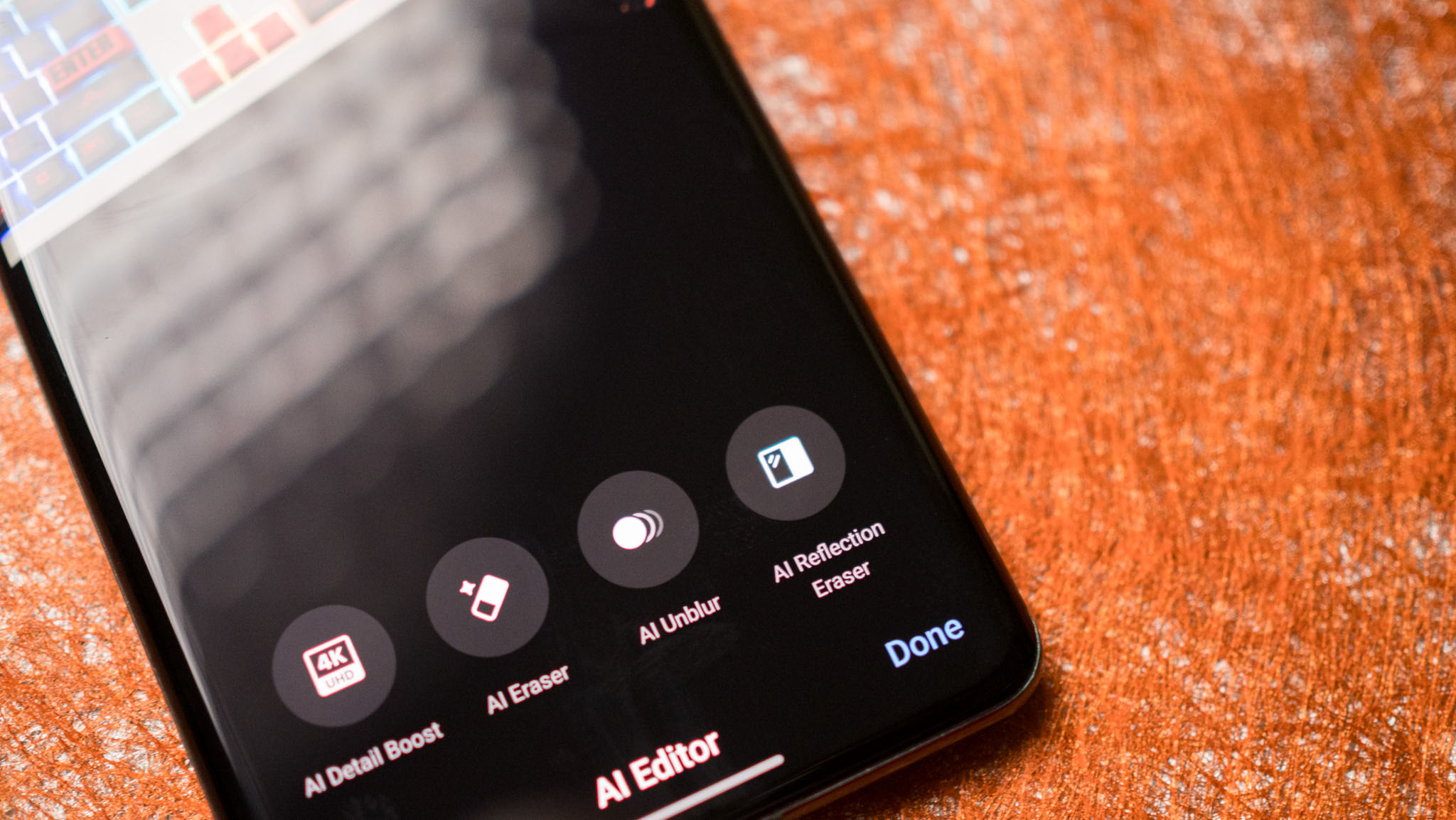
All manufacturers are getting in on the AI action, and OxygenOS 15 comes with a slate of features that leverage a mixture of on-device and cloud-based models.
AI Unblur is an interesting addition as it is similar to what Google offers on its Pixels. In my limited testing, I found the feature to be just as reliable at cleaning up photos, and just like the Pixels, you can use any photos — including those taken on other devices.
AI Detail Boost and Reflection Eraser do a good job eking out details, and the latter is particularly useful; I have hundreds of photos of objects behind glass cabinets (I like going to museums), and this feature is pretty handy at removing reflections.
Intelligent Search is intriguing as it searches through all the device stored on-device. It uses Gemini to index data stored locally — whether that's documents, photos, or audio — and it gives you the ability to search anything you need. This feature isn't available just yet, but should debut shortly.
When will your phone get OxygenOS 15?
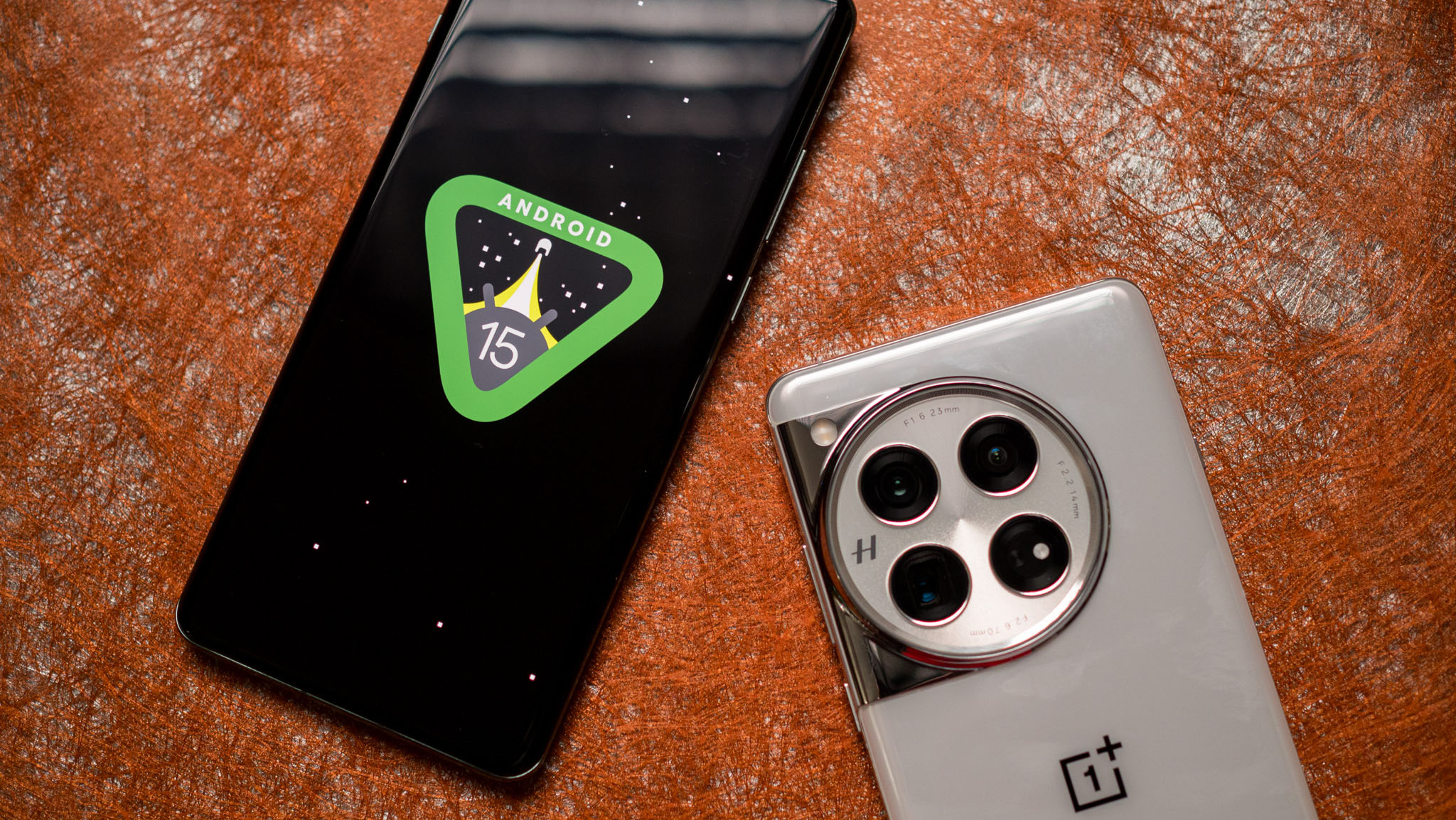
OxygenOS 15 will be available as a public beta starting October 30, and it will be initially limited to the OnePlus 12. The beta window usually lasts for up to six weeks, so that means we should get a stable build before the end of the year.
That said, there's no telling when the stable build might become available. OnePlus shared a tentative rollout schedule as to when OxygenOS 15 will be available on its devices, and the best OnePlus phones should get the build relatively soon.

Harish Jonnalagadda is Android Central's Senior Editor overseeing mobile coverage. In his current role, he leads the site's coverage of Chinese phone brands, networking products, and AV gear. He has been testing phones for over a decade, and has extensive experience in mobile hardware and the global semiconductor industry. Contact him on Twitter at @chunkynerd.
You must confirm your public display name before commenting
Please logout and then login again, you will then be prompted to enter your display name.
